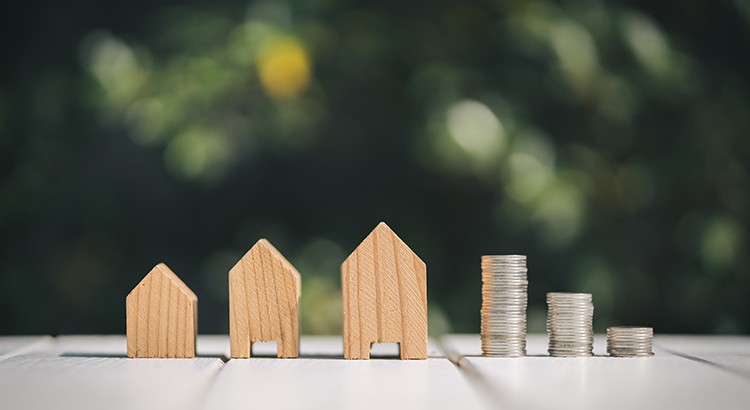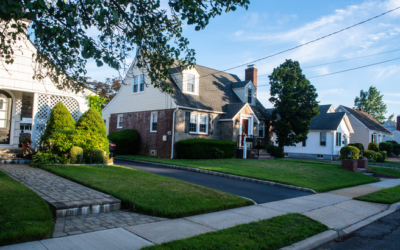
“Though the price of homes may still be rising, the cost of purchasing a home is actually falling.”
The gap between the increase in personal income and residential real estate prices has been used to defend the concept that we are experiencing an affordability crisis in housing today.
It is true that home prices and wages are two key elements in any affordability equation. There is, however, an extremely important third component to that equation: mortgage interest rates.
Mortgage interest rates have fallen by more than a full percentage point from this time last year. Today’s rate is 3.75%; it was 4.86% at this time last year. This has dramatically increased a purchaser’s ability to afford a home.
Here are three reports validating that purchasing a home is in fact more affordable today than it was a year ago:
CoreLogic’s Typical Mortgage Payment
“Falling mortgage rates and slower home-price growth mean that many buyers this year are committing to lower mortgage payments than they would have faced for the same home last year. After rising at a double-digit annual pace in 2018, the principal-and-interest payment on the nation’s median-priced home – what we call the “typical mortgage payment”– fell year-over-year again.”
The National Association of Realtors’ Affordability Index
“At the national level, housing affordability is up from last month and up from a year ago…All four regions saw an increase in affordability from a year ago…Payment as a percentage of income was down from a year ago.”
First American’s Real House Price Index (RHPI)
“In 2019, the dynamic duo of lower mortgage rates and rising incomes overcame the negative impact of rising house price appreciation on affordability. Indeed, affordability reached its highest point since January 2018. Focusing on nominal house price changes alone as an indication of changing affordability, or even the relationship between nominal house price growth and income growth, overlooks what matters more to potential buyers – surging house-buying power driven by the dynamic duo of mortgage rates and income growth. And, we all know from experience, you buy what you can afford to pay per month.”
Bottom Line
Though the price of homes may still be rising, the cost of purchasing a home is actually falling. If you’re thinking of buying your first home or moving up to your dream home, let’s connect so you can better understand the difference between the two.
To view original article, visit Keeping Current Matters.
Is a Multi-Generational Home Right for You?
Looking for the perfect multi-generational home is a bit trickier than finding a regular house. A local real estate agent can help you out.
What You Really Need To Know About Home Prices
If you’re worried about if home prices will be coming down, here’s what you need to know.
Is It Getting More Affordable To Buy a Home?
Mortgage rates are expected to come down by the end of the year, making homebuying a little more affordable.
Should I Wait for Mortgage Rates To Come Down Before I Move?
When rates come down, more people are going to get back into the market leading to more competition.
Should I Move with Today’s Mortgage Rates?
While you could delay your plans until rates drop, you’ll only have more competition with those buyers if you do.
The Top 5 Reasons You Need a Real Estate Agent when Buying a Home
Keep in mind, every time you make a big decision in your life, especially a financial one, you need an expert on your side.







.jpg )



